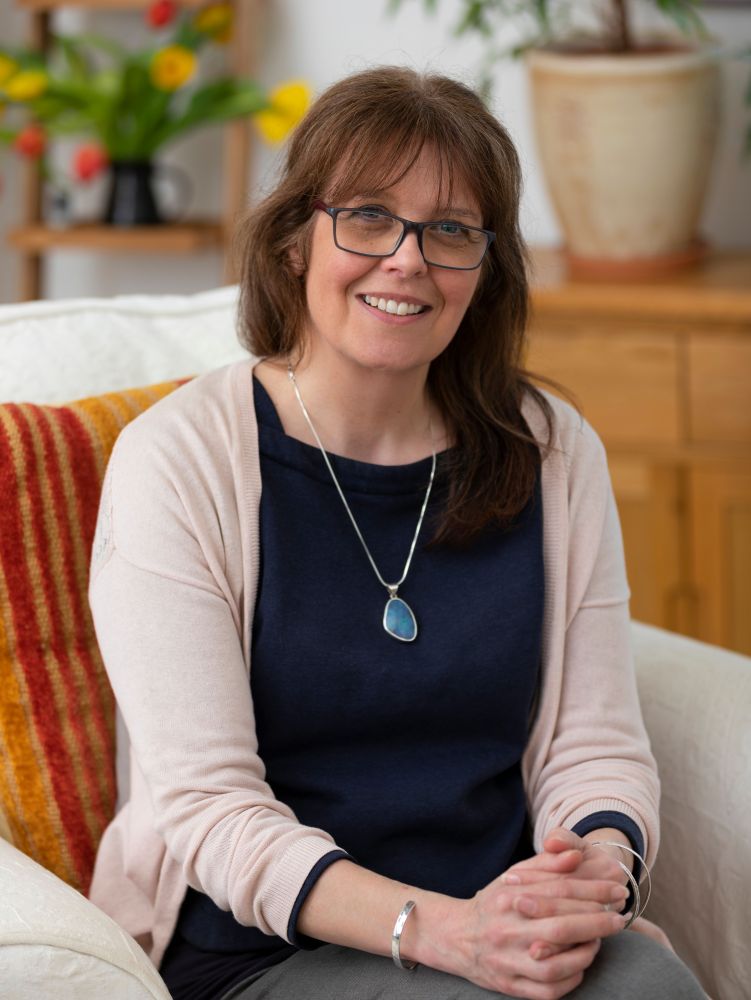Depression
I have personal experience of depression, I share this here, because I still believe that people are ashamed of mental health issues. I have helped many people with depression and anxiety. My personal care and understanding is combined with professional knowledge - my MA dissertation was on depression.
If you have depression, I hope you can reach out to make contact with a counsellor or psychotherapist and if that is me, I will be pleased to hear from you.
About Depression:
Depression saps your energy levels, leaving you feeling exhausted and wanting to hide from the world. You desperately want to get out of this state but, like being trapped in a deep hole without handholds, getting out can feel impossible.
If effects your relationships with other people-it’s likely that you may not want to be with other people, finding it too much to talk and be in crowds, yet at the same time on the inside, experience a deep loneliness. This may may be feel like being alone in outer space, desperately drifting away from the world and life, but unable to find a way back.
Trying to keep working and holding down a job can be incredibly difficult too if you are depressed. Any pressure of deadlines or demands from busy work colleagues may feel too much. Depression can significantly reduce your usual capacity to tolerate stress and solve problems.
What helps depression?
A good relationship with a counsellor and regular weekly sessions can be extremely helpful, along with support from your GP, consideration of medication such as anti-depressants and potential referral to your local DAS (Depression and Anxiety Service). If you are feeling suicidal, it is essential that you tell your GP, who can help you access further care, and when necessary refer you to the community psychiatric team and Crisis team. Your safety is paramount. Please see further details below.
What can Counselling offer you?
It is important to feel that someone is alongside you in this experience. As a therapist, I have seen what a relief it is for someone to have words put to their inner experience of depression. Otherwise it may seem that other people are wary of saying the wrong thing and can inadvertently increase your sense of being alone.
Gentle, steady sessions where you can start finding a way -with your counsellor's help- to know how you are, are important. So too, is focusing on the small positive things you are doing each day to keep going. These things are significant in the context of the apathy and low mood of depression.
It is important to feel the encouragement and appreciation of your counsellor (or indeed anyone in your life). This may be appreciating that you have got out of bed that day, or got washed and dressed. It is not to be under estimated that feeding yourself and drinking fluids is a positive step towards self-care, as is managing to phone someone or go out of the house.
The momentum of regular weekly sessions can help you to create and try out manageable daily plans of self-care that are personalised for you. All these actions are encouraging a shift from stuckness, social withdrawal and apathy. They may take huge internal effort and it is very important they are recognised and encouraged in therapy.
When you are ready, counselling sessions can offer you a way of piecing together the events and experiences which may have contributed to feeling depressed. For example, a significant loss (even if it was some time ago) can start a downward spiral culminating in depression. Loss of a person through bereavement, loss of a job, or career, the end of a relationship, or serious financial losses can all be influential. Changes in health and security may be significant factors too, along with chronic pressures and stressors such as poverty, becoming a parent, or becoming a carer.
For some people, looking at their early childhood, may provide useful insights about tendencies towards depression in adult life. These may have been laid down, if a child feels abandoned, unloved, isolated, or trapped and their capacity to cope is overwhelmed. Anger that has not been expressed about experiences such as these, can be a significant force -stuck within a person contributing to depression, and lead to chronic hopelessness, and exhaustion.
I have witnessed how the acknowledgment and safe release of ‘trapped’ anger can give tremendous relief and enable a new re-engagement with life for a person with depression.
If you are feeling suicidal
It is essential that you tell your GP, who can help you access further care, and when necessary refer you to the community psychiatric team and Crisis team. Your safety is paramount.
If you are unable to make an appointment with your GP (because they are booked up) please ask to see the Duty GP that day and inform the reception team it is because you are in crisis, stating that you are suicidal. At times when your GP surgery is closed, their phone lines will be connected to an 'Out of Hours' GP Service, so there is still support available.
Remember too you can telephone the Samaritans at anytime and that you can be taken to A&E by a relative, or go yourself, and ask to be assessed by the Hospital’s Duty Psychiatrist. There is always help available, you may need to push for this and to wait to be seen but it is there.
Asking a family member of friend to come and speak on your behalf can be very supportive. At an appointment, they can write down who you saw and what they said to you, and this can be helpful afterwards because it may be stressful and harder to think clearly at the time.








